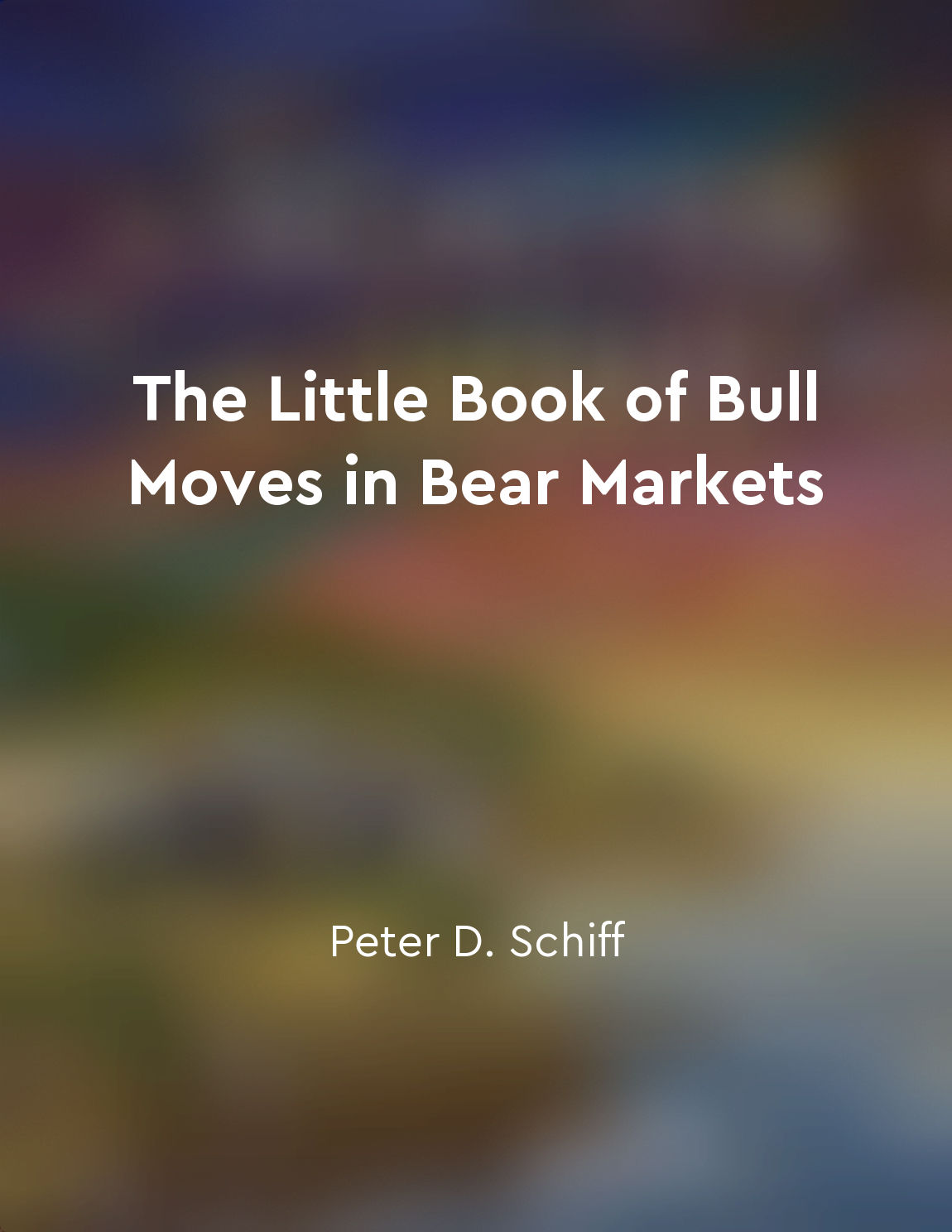Confidence intervals provide a range of values where the true coefficient is likely to lie from "summary" of Introduction to Econometrics by Christopher Dougherty
Confidence intervals are a fundamental tool in econometrics that allows us to establish a range within which the true coefficient is likely to fall. This range provides a measure of uncertainty around the estimated coefficient, taking into account the variability inherent in sample data. The width of the confidence interval depends on the level of confidence chosen, with higher confidence levels resulting in wider intervals. When estimating coefficients in econometric models, it is crucial to recognize that the estimated coefficient is just an approximation of the true coefficient. By constructing confidence intervals, we acknowledge this uncertainty and provide a more nuanced interpretation of our results. In other words, we are not claiming that the estimated coefficient is the exact value of the true coefficient, but rather that it is likely to fall within a certain range. The proc...Similar Posts
Comparative analysis sheds light on economic structures
When we engage in comparative analysis, we are essentially examining different economic systems side by side in order to uncove...
Data ethics addresses ethical considerations in data analysis
Data ethics is a critical aspect of data analysis that cannot be overlooked. It deals with the moral principles and values that...

Our brains are wired to prefer fast thinking
The human brain is a marvel of evolution, finely tuned to help us navigate the complexities of the world around us. One of the ...
Base rate neglect leads investors to ignore statistical information
Base rate neglect is a common cognitive bias that plagues investors and leads them to ignore crucial statistical information. T...

Capital accumulation is essential for economic growth
In order for an economy to grow and prosper, it is imperative that capital accumulation takes place. Capital accumulation refer...
Financial markets are driven by supply and demand dynamics
Financial markets are dynamic, complex systems where prices are determined by the interplay of supply and demand. At the heart ...
Data science is essential for making informed business decisions
Data science plays a crucial role in helping businesses make informed decisions. By analyzing data, businesses can gain valuabl...
Environmental policies can have distributional effects
Environmental policies can affect different groups of people in various ways. For example, regulations aimed at reducing air po...

Financial institutions face challenges in managing risks
Managing risks is a critical aspect of the operations of financial institutions. These institutions are exposed to various type...

Rebalancing your portfolio can help maintain a proper asset allocation
To ensure that your investments are properly diversified, it is essential to periodically review and adjust your portfolio. Thi...
